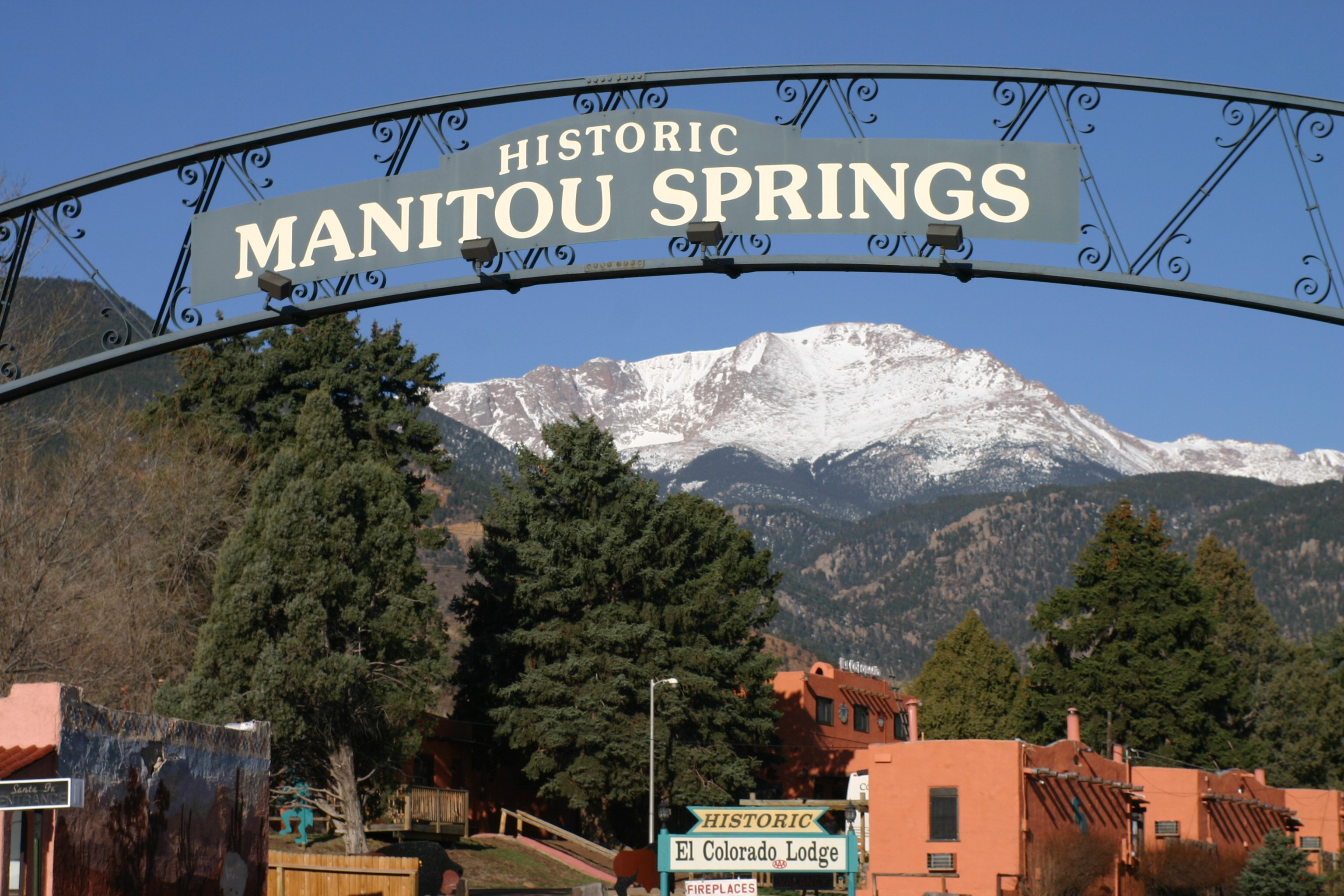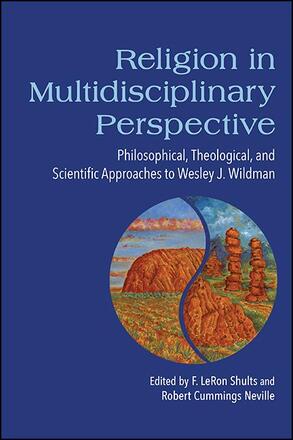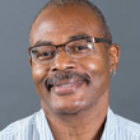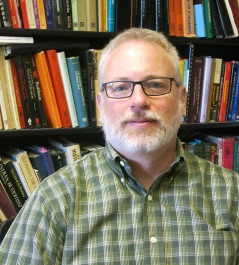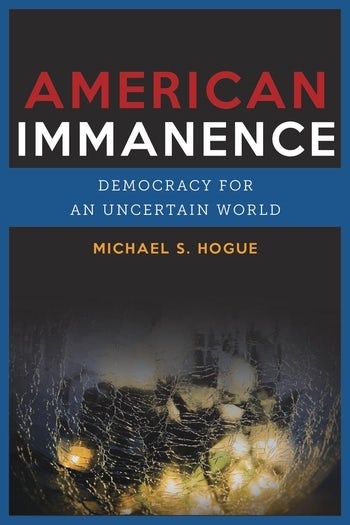
CALL FOR PAPERS
Political Theology and the Powers of Democracy: American Thought for the Anthropocene
IARPT Annual Meeting
June 15-18, 2020
Macalester College, St. Paul, Minnesota
The Institute for American Religious and Philosophical Thought calls for papers addressing the issues and arguments raised by Michael S. Hogue in his American Immanence: Democracy for an Uncertain World (New York: Columbia University Press, 2018).
“In a time in which it has become empirically and scientifically impossible to think about the human apart from nature, not to mention morally and politically irresponsible, we need more than ever to rethink our concepts of power, value and common life in an ecological context that takes seriously the internal relatedness of human and more-than-human life.” (Hogue, 121)
Taking up his own charge, Hogue delineates and criticizes what he calls “the redeemer symbolic”—a condensation of deficient concepts of self and other, and concomitant destructive practices, which continually reconfigures itself throughout American history to preserve belief that America is an exceptional nation and that, as such, it is justified in extracting value from others and externalizing the costs of so doing upon others. Hogue also criticizes the redeemer symbolic by recourse to a metaphysical critique of “traditional theism.” He argues that the “American immanental” tradition of thought (including as key figures the Pragmatists, Dewey and James; the “Chicago School” philosophers of religion, Mathews, Loomer and Meland; and, above all, Alfred North Whitehead) offers an alternative conception of God/Nature that would delegitimate, if not dissolve, the redeemer symbolic. That conception stresses the vulnerability and resilience of the complexly “intrarelated” system of systems that is Nature. It is the heart of a political theology that in Hogue’s estimation, would ground a politics of democratic risk for an ever more beautiful community of shared vulnerability and resilience.
We invite proposals for presentations that respond to themes advanced and arguments made by Hogue, as well as papers that pertain in a more general fashion to the topics addressed in the book. Specifically, we solicit papers on the following four topics:
- The Anthropocene Paradox: Hogue interprets the Anthropocene as the culmination and conclusion of a certain kind of modernity. “Although the Anthropocene literally signifies the beginning of a human geological epoch for the Earth, it also signals the end of the idea of the human difference from the rest of nature. . . .While the Anthropocene is the greatest trial the human species has ever faced, it also provokes creative moral, political, and religious possibilities.” (Hogue, 3) Thus, the crisis of the Anthropocene occasions opportunities for moving beyond human exceptionalism, and for developing alternative, naturalistic, non-anthropocentric modes of thought as terra bestiae—creatures of the earth. How does the Anthropocene suggest new ways of thinking and living—philosophically, religiously, morally, politically—that advance the radical eco-democracy that Hogue anticipates? In the shadow of the climate crisis, what light does such a democratic eco-politics shed? What practices now enable us to move toward it?
- Resilient Democracy: Resilient democracy, Hogue explains, is neither a fixed form of sovereignty nor of government. It is an evolving and experimental “way of life” infused with an ethos of empathy, emancipation, and equity. Resilient democracy is predicated on embracing uncertainty and vulnerability as characteristics of immanent existence in an intra-related world. Resiliently democratic life thus refuses the exceptionalism that has marked American political theology throughout the history of the United States. How might a philosophical or religious embrace of uncertainty and vulnerability be converted into specific ecopolitical practices for the Anthropocene?
- Political Theologies: Hogue mentions connections and differences between his own, American immanental development of a radical political theology, and an alternative with roots in the “death of God” theologies of the twentieth century. How do these two traditions or discourses stand with respect to one another? How might they be clarified or corrected by mutual encounter?
- American Thought: Hogue draws on American philosophers and theologians throughout his project. What other philosophical and theological resources within the American immanental tradition are perhaps unexplored by Hogue? In what ways might his project be furthered by engaging alternative sources of relevant scholarship in philosophy, theology, or political theory?
Proposals should contain a descriptive title and brief (no more than 500 words) but informative and readable description of the paper to be presented, with some indication of why the proposer considers the paper to be an important contribution. Proposals should also include a brief (150-word) biographical sketch of their authors.
All proposals should be sent in Word format to both Andrew Irvine (andrew.irvine@maryvillecollege.edu) and Austin Roberts (aroberts2@drew.edu).
The deadline for submissions is February 1, 2020.
The Columbia University Press website for American Immanence: https://cup.columbia.edu/book/american-immanence/9780231172332
Use the promo code CUP30 to receive a 30% discount on the publisher’s website.
